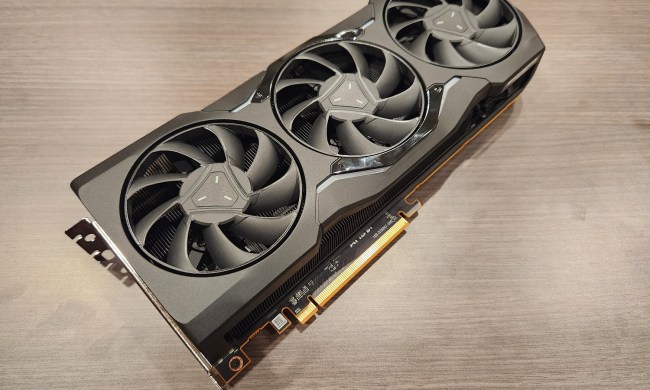California is closer than ever to restoring net neutrality. A bill to bring ease back into the hearts of California web surfers, SB-822, sailed through the state’s legislative bodies and is now heading to the governor’s desk for a signature.
Jerry Brown, who is a Democrat, has not said whether he intends to sign the bill — but Brown rarely comments on legislation before it arrives at his desk. By state law, the governor has 30 days to act on the legislation.
A bill enacting net neutrality protection would have important ramifications for the United States, since the U.S. Senate voted to reverse a Federal Communications Commission (FCC) decision to kill national net neutrality rules set in place under the Obama administration. The Congressional Review Act seeks to overturn the December 2017 decision, but it still must go through the House of Representatives. Meanwhile, the FCC’s quest to “restore internet freedom” is still slated to go live in June.
California’s bill aims to set net neutrality rules on a state level. The bill prohibits internet service providers from offering different quality of service levels outside specific conditions. It allows the state’s Attorney General to investigate and take action against those service providers in violation of the prohibitions.
According to Section 1776 of the bill, internet service providers cannot block lawful content, applications, services, or non-harmful devices. Providers also cannot alter internet connections between devices and “lawful” sources, which would prevent throttling and paid fast lanes for specific media. The list goes on to include the ban of third-party paid prioritization, application-specific differential pricing, and more.
Without rules, an internet service provider offering its own video streaming service could relegate Netflix and Hulu to “slow” lanes even if they provide better content. This bill, if passed, would prevent that type of prioritization. It would also prevent service providers from picking and choosing services that don’t count toward the customer’s data consumption.
“Large ISPs such as AT&T don’t like this bill. They’ve mustered a series of absurd arguments that have been repeatedly rebutted. And yet, they came very close to convincing lawmakers to weaken the bill in their favor,” the Electronic Frontier Foundation (EFF) said on Wednesday.
Internet service providers like AT&T and Comcast don’t want net neutrality reinforced because the rules will “cut into their bottom line.” In other words, they won’t be able to charge extra for prioritization stemming from faster lanes, unfiltered content, and throttle-free connections. Their argument, according to the EFF, is that if they can’t generate revenue from those streams, internet subscription prices may rise.
An argument can be made that internet service providers didn’t practice content filtering, throttling, or paid fast lane access prior to the net neutrality rules. Many providers claim they won’t change once the rules cease in June. But given how intensely they lobby against California’s new bill and the effort to reverse the FCC’s decision, activists can’t help but worry about an internet without net neutrality.
“It’s time for our federal lawmakers in the House of Representatives to follow the lead of the U.S. Senate and California State Senate, listen to their constituents, tech experts, and small business owners, and vote for the Congressional Review Act resolution,” says Evan Greer of digital rights group Fight for the Future.
Updated on 9/01/2018: Updated with news that the bill had passed both legislative chambers and is awaiting Brown’s signature.


